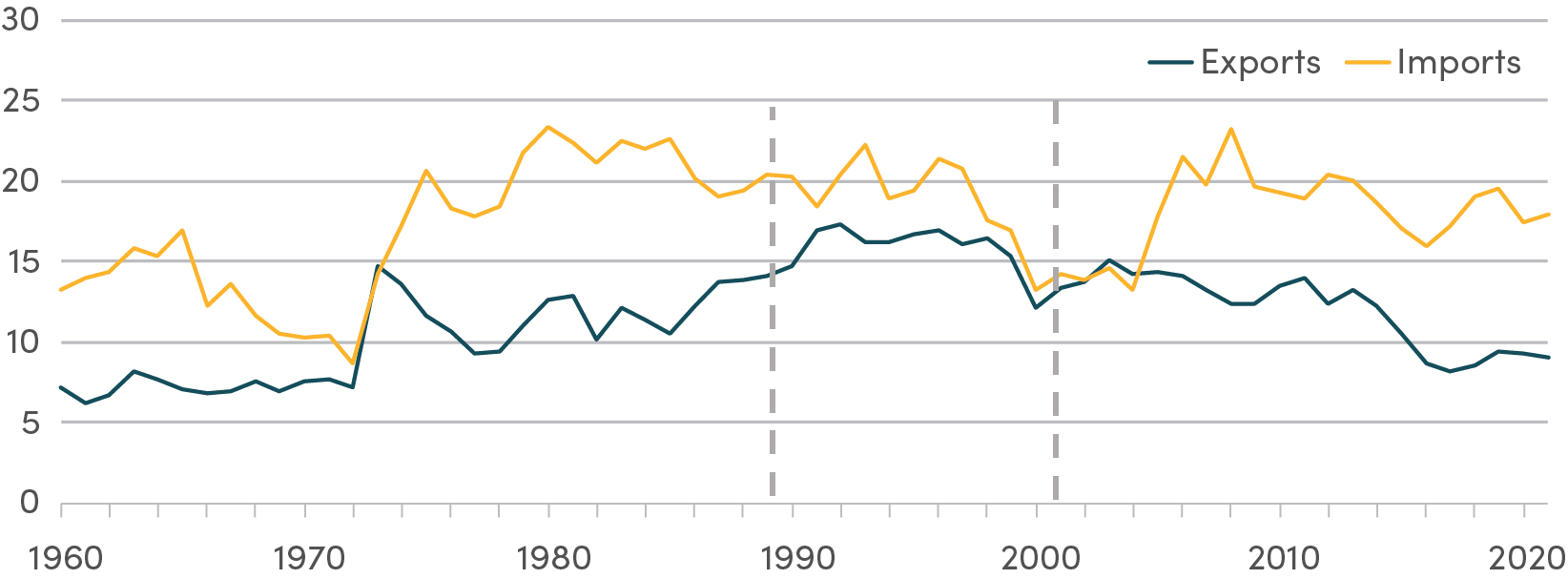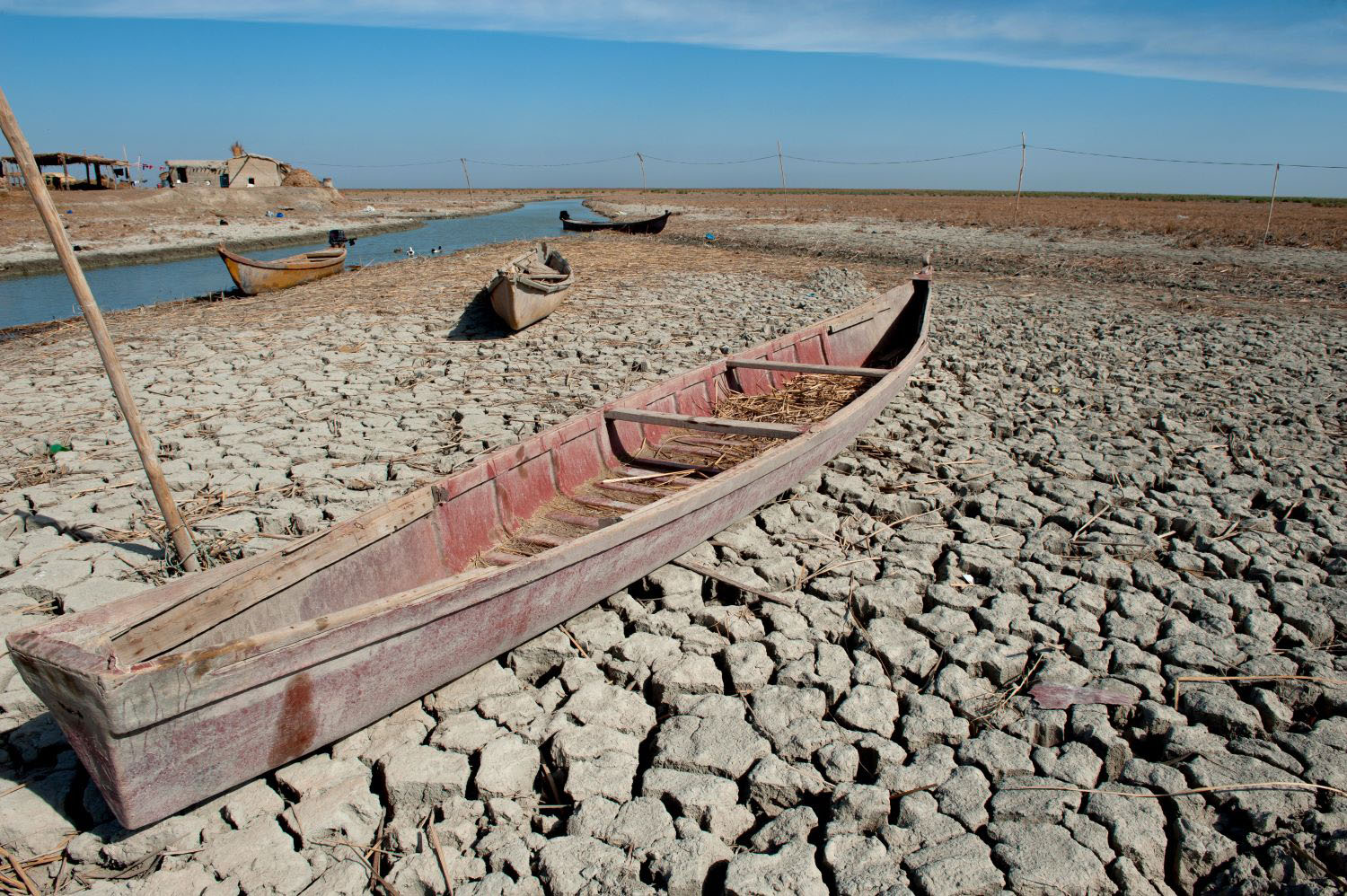British Prime Minister David Cameron’s op-ed in the Wall Street Journal lays out his anti-poverty vision. As my colleague Todd Moss notes, this type of serious, top-down and bottom-up debate about development issues doesn’t make the US look especially good by comparison.But those of us here in the US should be heartened by the Prime Minister’s endorsement of the Dodd-Frank requirement that extractive industry investors registered with the SEC report their payments to governments where they operate. He urges the EU to do the same.Why does an SEC rule warrant attention in a 900-word op-ed on global poverty from the British Prime Minister? Because it’s a pretty effective way for high-income countries to help limit the “resource curse” that often hits poor countries rich in natural resources. At its best, it could help prevent tax payments and bonuses that international oil and mining companies make in developing countries from slipping into the pockets of ministers and presidents rather than being used for development.Currently that’s a huge problem. Just last week a confidential report leaked to Reuters showed that in Nigeria tens of billions of dollars in such payments have gone missing in the past decade, with almost no transparency about how much international oil companies were paying or to whom.The Dodd-Frank approach, intended to help prevent this problem, is expected be replicated in a revision of the EU Transparency Directive scheduled to be completed in 2013. This will mean that oil, gas, and mining companies listed on any of the stock exchanges in Europe or the United States must publish payments made to all governments where they do business. Citizens will then have the information they need to hold their governments accountable for the revenue received from US and EU registered companies.But there will still be an important loophole: firms not listed on the stock exchanges—for example, some firms headquartered in China, Russia, and India—need not comply (stay tuned to CGD for my forthcoming paper on this problem).Four of the six largest Russian energy companies are registered in the US or traded in Europe, but two are not. Of the sixteen largest Chinese mining companies with overseas operations, two are listed in New York. Nine do not have listings outside of China (five are listed in Hong Kong). Two of the three largest Indian oil companies are not listed in the United States or the EU.This creates an uneven playing field in which law-abiding international investors are put at a disadvantage to unscrupulous companies that can cut special deals with host governments that will never be exposed to the light of day.There is an important measure that can help level the playing field for all investors and prevent backroom deals. It would require a change in the disclosure rules of the Extractive Industry Transparency Initiative (EITI), a voluntary non-governmental institution that includes some thirty-five countries, most of the large oil and mining companies, and NGOs, such as the Publish What You Pay coalition and Global Witness.To be EITI-compliant, a developing country government must publish the revenues it receives from the extractive sector. Currently countries can choose whether to report this revenue as an aggregated total or in a disaggregated company-by-company format.The EITI compliance formula should be modified to require disaggregated company-by-company reports of payments to the government. This would mean that international investors from all countries -- including those not covered by Dodd-Frank or the EU Transparency Initiative -- would have their payments to governments made public.Prime Minister Cameron is right—the Dodd-Frank approach is critical to “driving improvements in transparency and accountability to ensure that corrupt elites cannot waste our aid money” but it must apply to companies registered beyond the US and the EU to be most effective.EITI members will consider this proposal at the their global meeting, to be held in Sydney next May. Those who wish for progress in combating corrupt payments should welcome Cameron’s push for EU action and hope that it contributes to momentum for toughening EITI compliance rules.
CGD blog posts reflect the views of the authors, drawing on prior research and experience in their areas of expertise.
CGD is a nonpartisan, independent organization and does not take institutional positions.





